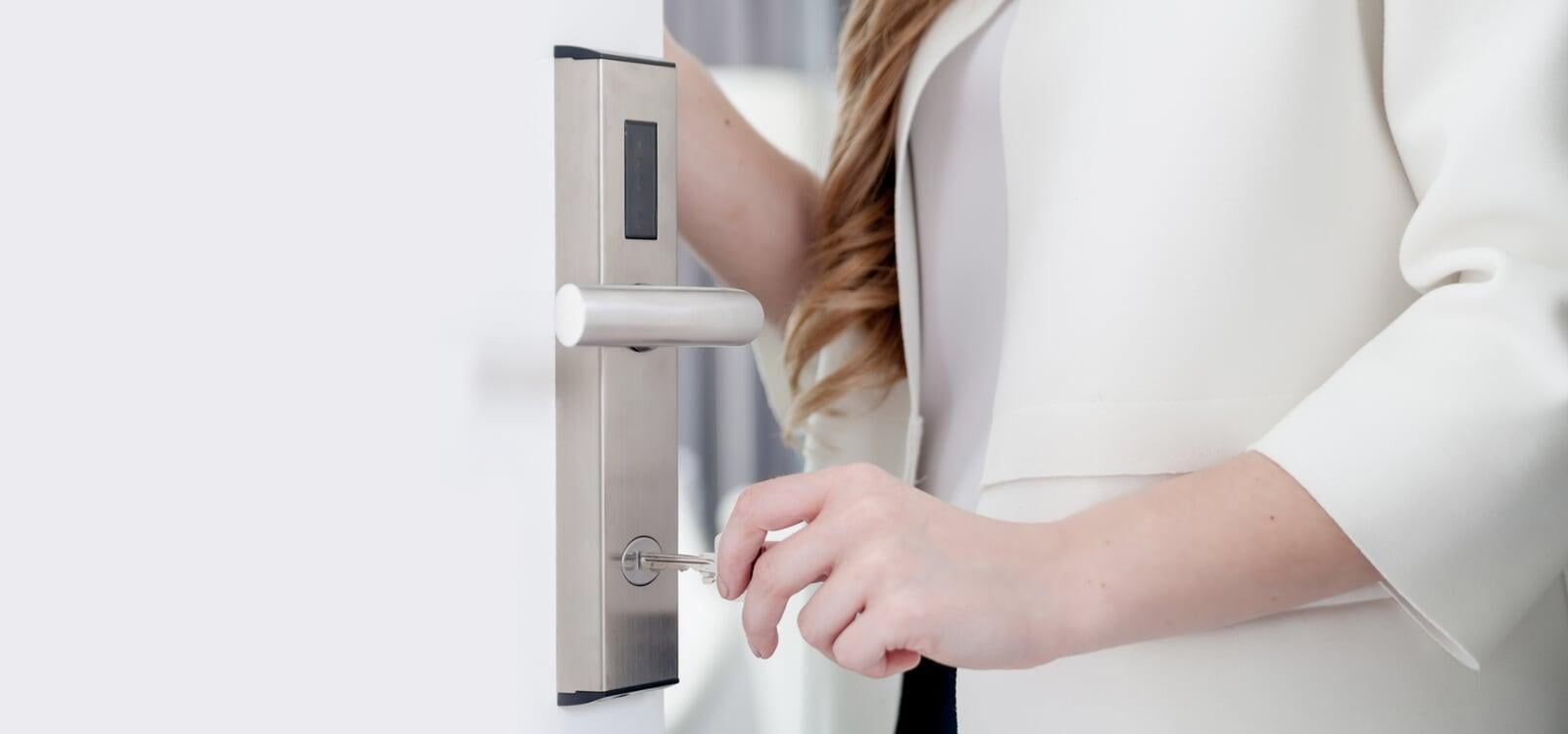
Some time back in that happy place where all the good old days go, most Kiwis did not feel the need to lock their doors. According to the insurance industry, over 10% have kept that habit (although that stat predates Covid).
We have been and largely remain a society where trust is widespread - one of the most treasured aspects of NZ society. It applies to the business community as well. In a relatively small society where “2 degrees of separation” is the norm, reputation is everything. If I trust someone and they let me down, there’s a good chance I’ll tell others not to trust that person, and same if I let others down.
Despite this, we are not immune to significant breaches of trust, but they are still unusual enough that they tend to make front page news.
We are particularly trusting of people that provide us with useful services, such as tradespeople. We will routinely give tradies the keys to our houses, leave our keys under the mat and allow people who might want to buy our car to drive it without supervision - a fact that at least one advertising company has made amusing mileage out of.
Unfortunately, we really cannot extend the same principles of trust to our use of digital technology. Cyberspace is not at all like the wide-open physical space that we enjoy in New Zealand.
In a very real sense, cyberspace is crowded and there is no distance in practical terms between individuals; and that includes people with ill intentions. The chances are high that we will encounter bad actors whose aim is to exploit our trusting nature.
For example, many people will happily give their network administrator password to the technicians that arrive to provide us with technical support. It is not at all unusual for support technicians to be left with access to the most private and confidential of our communications with no supervision and for extended periods of time.

The incidence of fake technicians emailing, texting or calling with stories of “problems” that need to be fixed is alarmingly high, and many otherwise intelligent and capable people have been deceived by the apparent credibility of some highly sophisticated operators who con people for a living.
As adults, we don’t need to be told to be careful walking next to precipitous drops or crossing the road, but when online, we often behave like children dashing thoughtlessly into danger.
If we could only consider cyber risk to be the same as any IRL (In Real Life) risks that we are familiar with, we would probably do a lot of things quite differently.
Any cyber security expert will tell you that there is more hole than wall in many of New Zealand’s so-called cyber defences.
I like to think of the online world as an infinitely long corridor with doors on either side leading to our individual business or home networks. The bad actors are constantly patrolling the corridor trying the doors. If you’re careless enough to leave yours open - even for a moment - there will always be someone ready to enter.
And unlike in the real world, they can try thousands of doors at once; you may not even notice them until they have stolen data or done the damage they came to do.
But there’s no need to be unduly alarmed either. We know that the real world is full of risk, we take sensible precautions and we venture forth without fear. There’s really no other way.
With a little professional help, the same can be true of our virtual world experience. And it starts with ensuring our virtual doors are properly locked.
If you’re in need of a review of your business processes and how they might affect your cybersecurity, get in touch with one of our experts.
Get industry updates, tech news, and CIO Studio blogs free to your inbox!


